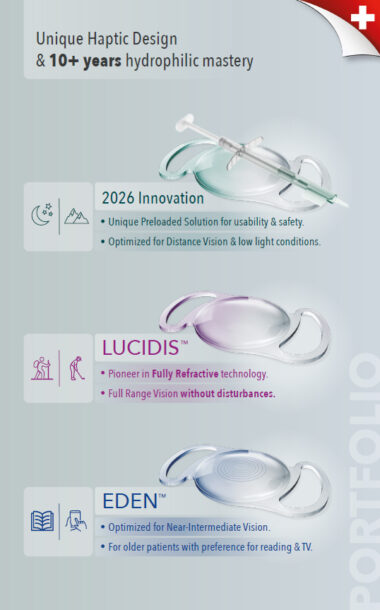Activating art and technology to explore the science of autoimmunity, the Monash Biomedicine Discovery Institute will host a free sensory exhibition tomorrow (Friday 30 June) curated specifically for blind, low-vision and diverse needs audiences.
Designed for all ages and levels of science literacy, the Monash Sensory Science Exhibition - Autoimmunity will explore eight autoimmune diseases through multi-sensory, multi-modal artworks and tactile displays, offering an accessible and inclusive learning opportunity.
From handcrafted immune cells made of clay, food, paper and fabrics, to technologies and interactive displays exploring autoimmune processes, participants will learn about the ways in which the body mistakenly attacks its own organs and tissues, resulting in health conditions such as type 1 diabetes, multiple sclerosis and celiac disease.
Held in the award-winning Learning and Teaching Building on the Monash Clayton campus, participants will hear from Professor Jamie Rossjohn, a Monash University T cell immunology expert, then choose from sessions exploring various diseases in depth.
Professor Rossjohn said that autoimmune disorders impacted about five per cent of the population, with more women generally affected than men. The exhibition provided an opportunity for awareness-raising through a highly creative and dynamic experience.
“I’m delighted to take part in the Monash Sensory Science Exhibition,” he said. “I look forward to sharing information and learnings on autoimmunity, the body and how researchers are working to find better treatment options and cures.”
Supported by volunteers, participants will learn through handling artworks, touching tactile displays and hearing research experts on the topic.
First held in 2018, the exhibition is an initiative of the Rossjohn Laboratory, a research group pursuing the advancement of knowledge of innate and adaptive immunity, led by Professor Rossjohn. Dr Erica Tandori, a legally blind artist, researcher and academic and the artist-in-residence in the Rossjohn Laboratory, has led the development of the artworks and displays.
Dr Tandori said that the exhibition provided a unique opportunity for participants to explore science through the power of art.
“Scientists already use art to make medical concepts tangible and tactile without even realising, such as when they create 3D models of organs or cells,” she said.
“In our exhibition, we’re celebrating and highlighting the unique way in which art can make science accessible to people with different learning needs, and especially to blind and low vision audiences who face multiple barriers to participation. Everybody has a right to know how their bodies work, and to enjoy the opportunity to learn about science in ways that suit their needs.”
Event details: Monash Sensory Science Exhibition - Autoimmunity
Location:
Monash University
Learning and Teaching Building,
19 Ancora Imparo Way
Clayton Campus
Date: Friday 30 June 2023
Time: 9am–2pm.
For media enquiries please contact:
Monash University
Cheryl Critchley - Communications Manager (medical)
E: [email protected]
T: +61 (0) 418 312 596
For more Monash media stories, visit our news and events site
For general media enquiries please contact:
Monash Media
E: [email protected]
T: +61 (0) 3 9903 4840

